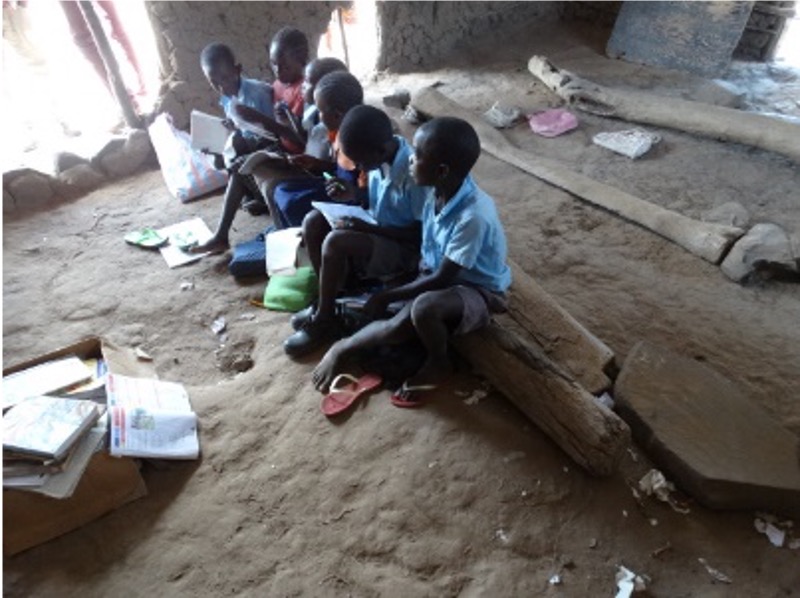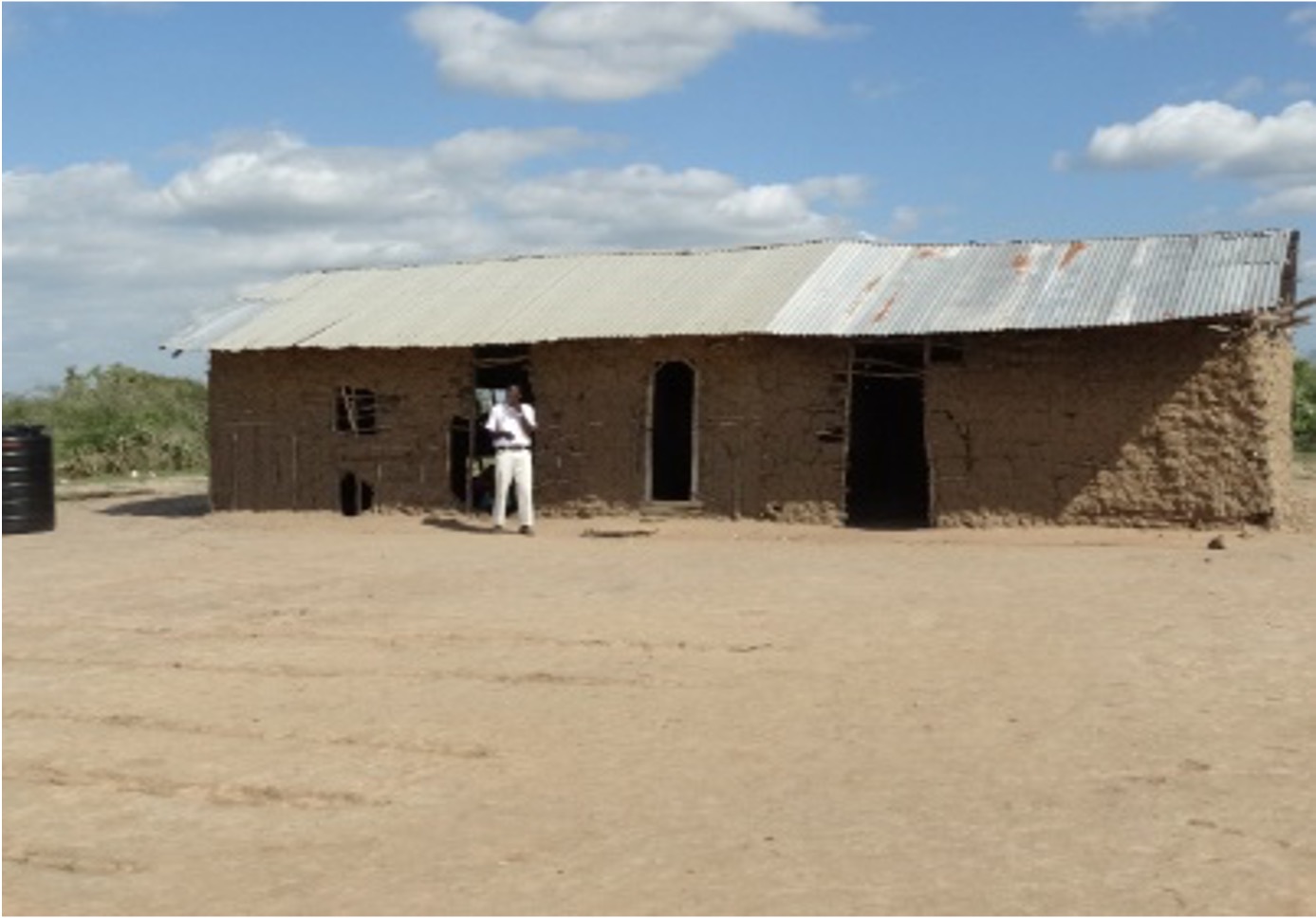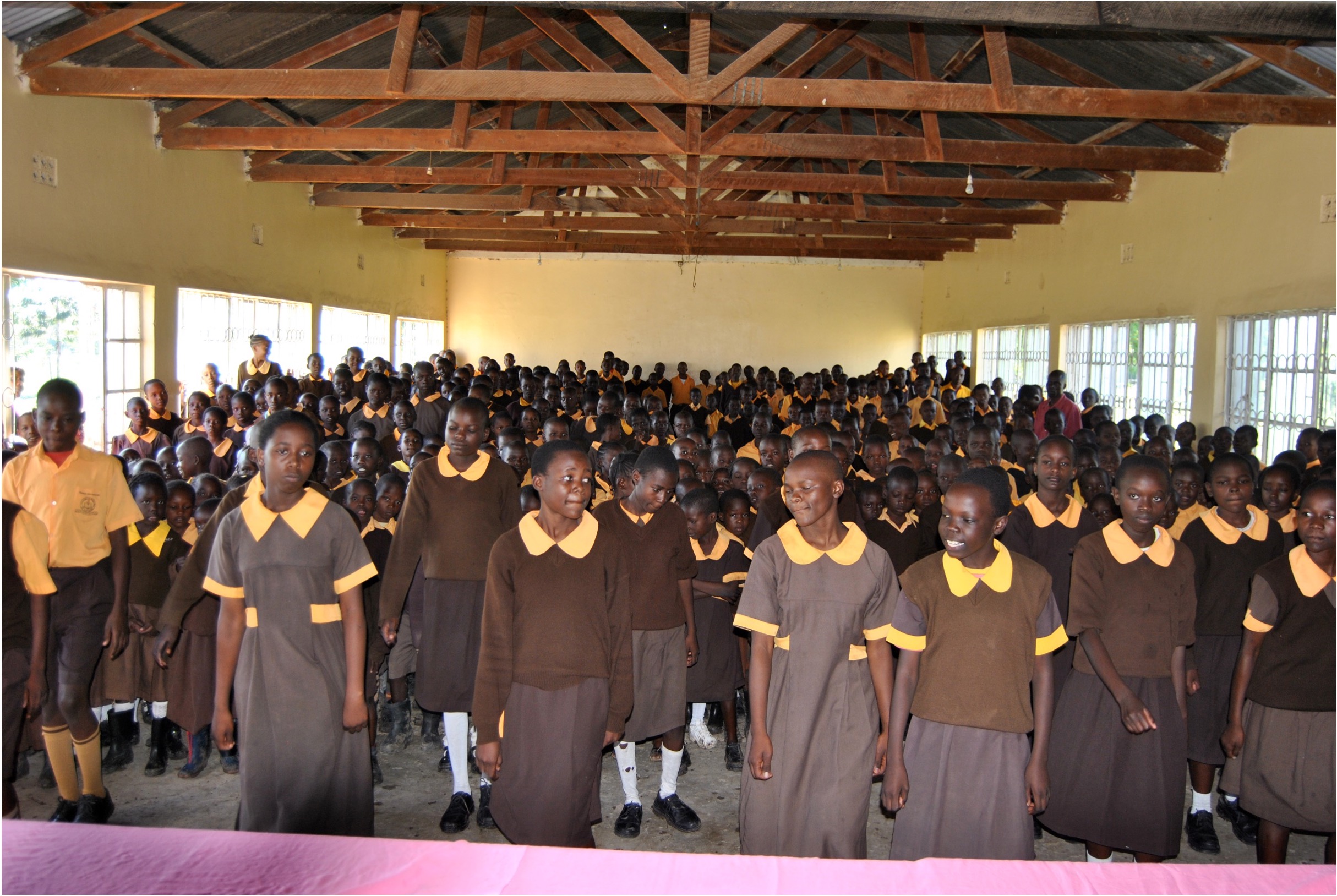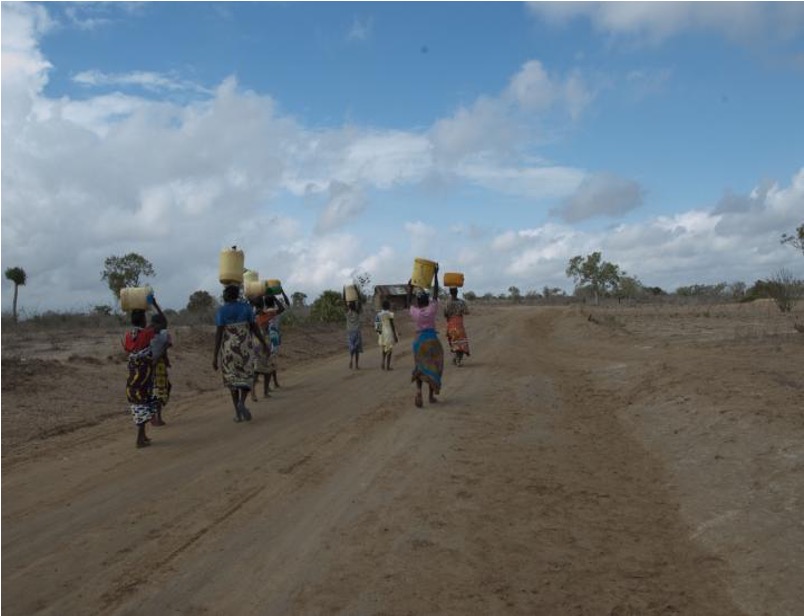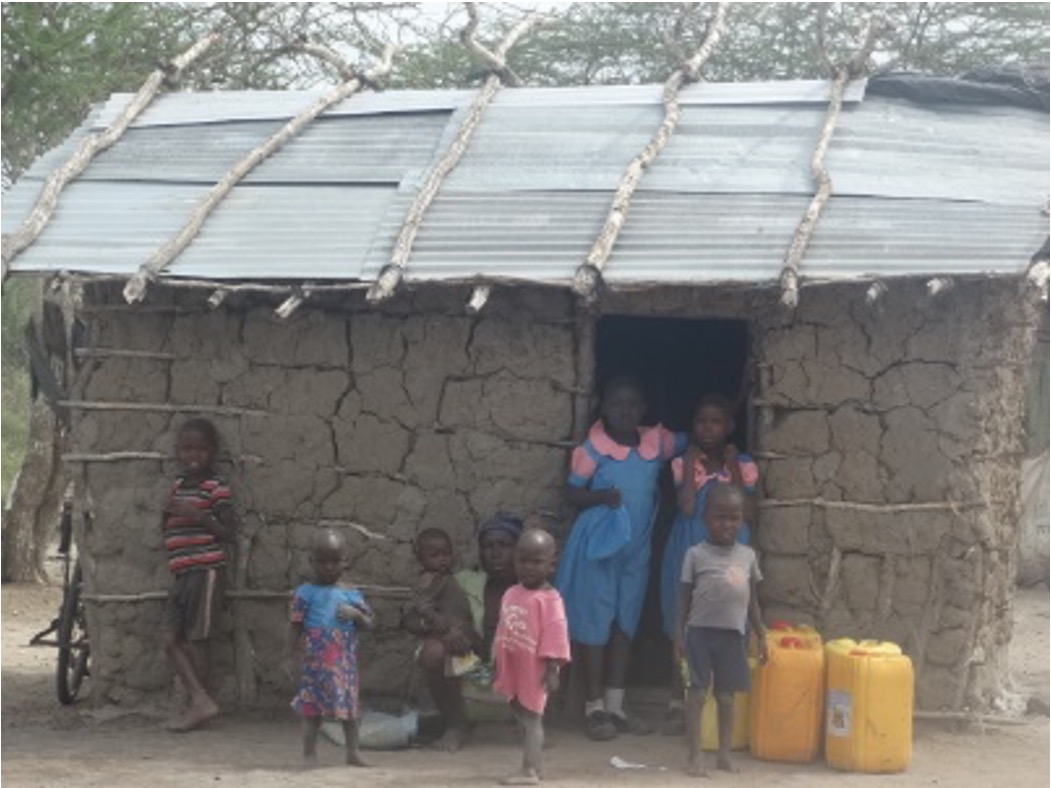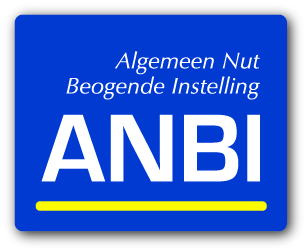Current Project
Goshi, Kenya
The Goshi Project revolves around the economic rebuild of a neglected 30 km2 region in central Kenya where there currently is no water, electricity or hygene and the people live in terrible conditions.
About the project
Through Steve Brian Omondi, a young man who comes from the orphanage Ebenezer Life Center, we came into contact with the very poor population in Goshi, Kenya. This is a community of about four thousand people, spread over several homesteads (locations, clans) in an area of 30km2. This community used to be somewhat ignored, so they were deprived of most help.
For example, they have to walk a staggering 15km every day to find water which is then of very poor quality and carries a lot of diseases. Because of the long walk the mothers, who’s job it is to get the water, bring their children to carry extra. This makes that most of the children cannot go to school. Therefore there is very little education in the region. The children who are able to go to school have to go to the community school which is in very poor condition. They do not have tables, chairs etc.
Providing this region and its communities with drinking water is a first urgent need. We have already drilled a well, but the water was too salty for human consumption. However, it is already being used to wash clothes and as drinking water for the animals. With access to water, they can also improve the quality of agriculture and start other activities. As far as electricity goes, we have been able to generate a minimal amount of it with solar panels connected to the well. However this is still far too little.
Next to this, they currently have to go into the bushes to do their needs. By providing them with simple toilets, general hygiene can be greatly improved. Currently, when rain falls, their ‘needs’ flow to the lowest point which is the pond where they get their water from. This contaminates the water even more so basic toilets are, next to drinkable water, a true neccessity. Luckily we were able to build around 70 basic toilet blocks already, but there is still a long way to go.
Next to this we want to build and provide power to the (new) school and collect the rainwater coming off the roofs of capable buildings. The rainwater is already much healthier than the contaminated water from the pond 15 km away.
All this we want to combine with a start-up of reforestation and the general economic rebuild of the entire area.
We want to create a fruitful life where there currently is none. When successful, this project can serve as an example for many other projects in the future and will truly have a huge impact on the communities that are being neglected to this day.


